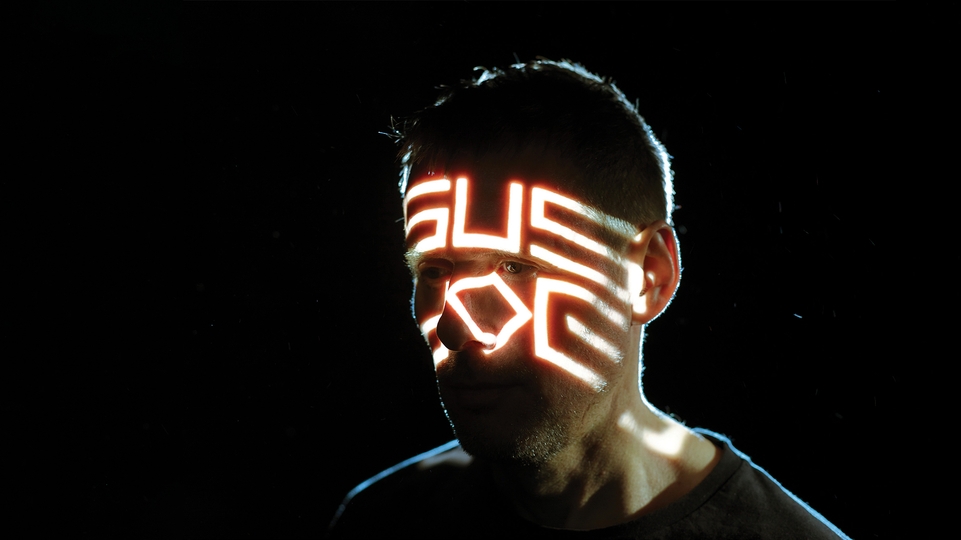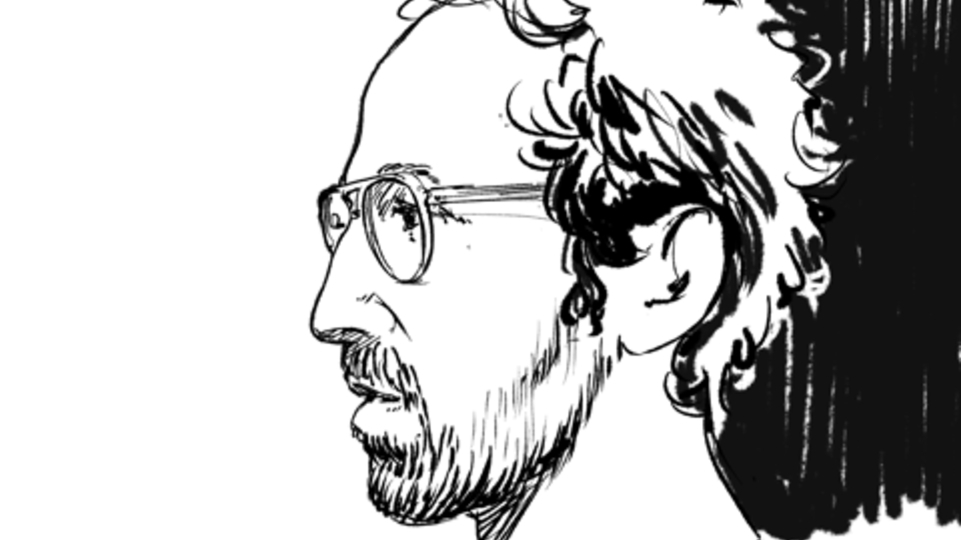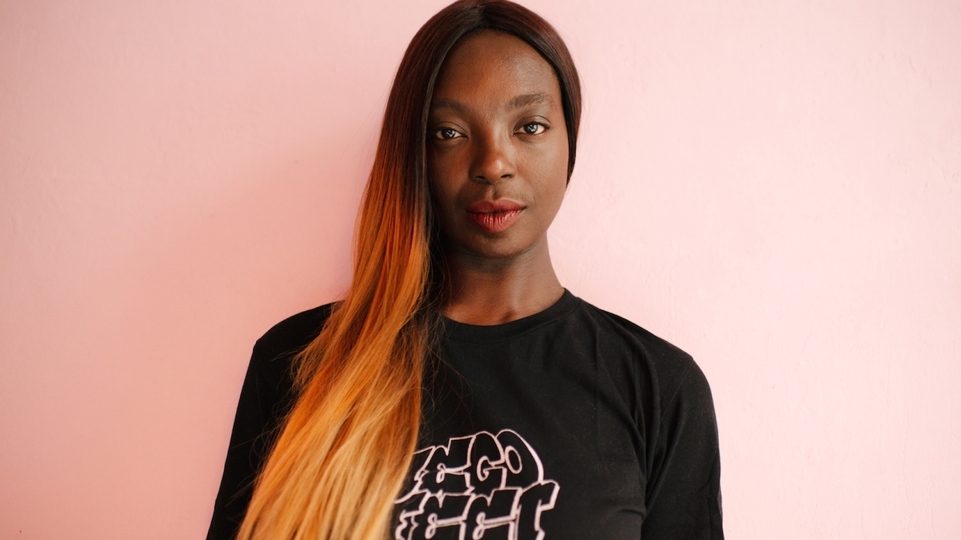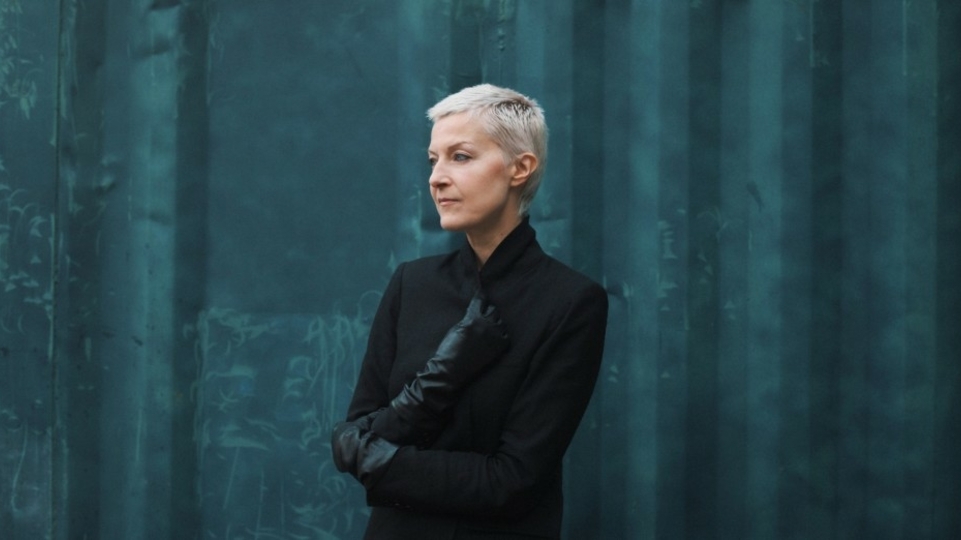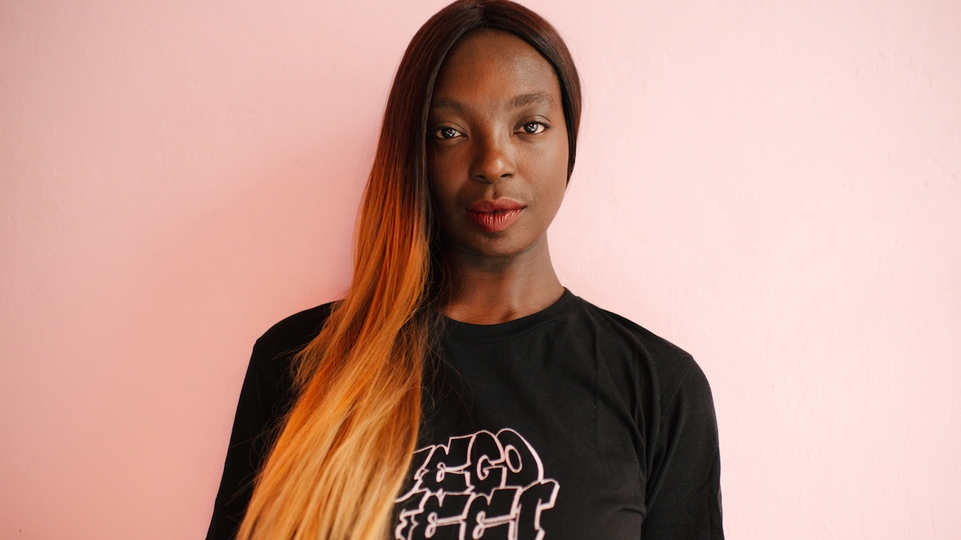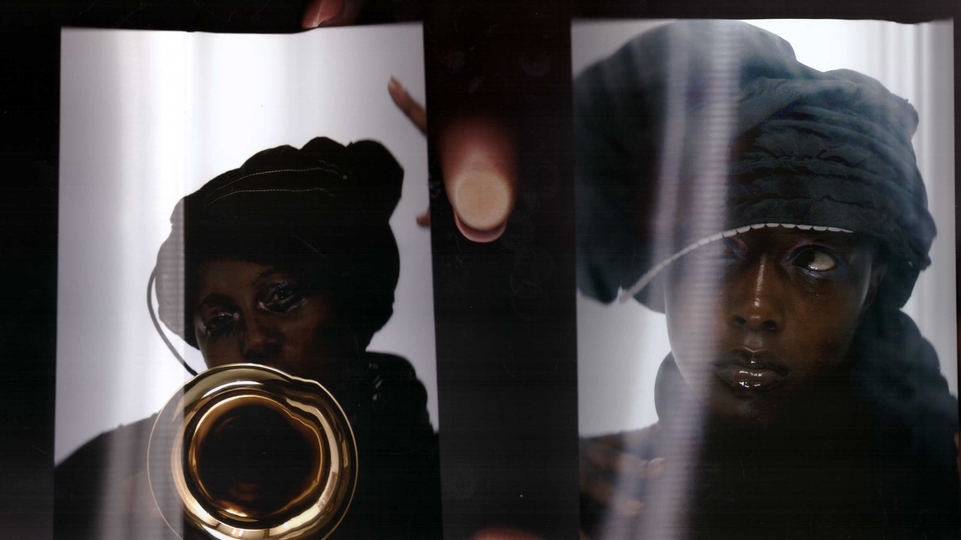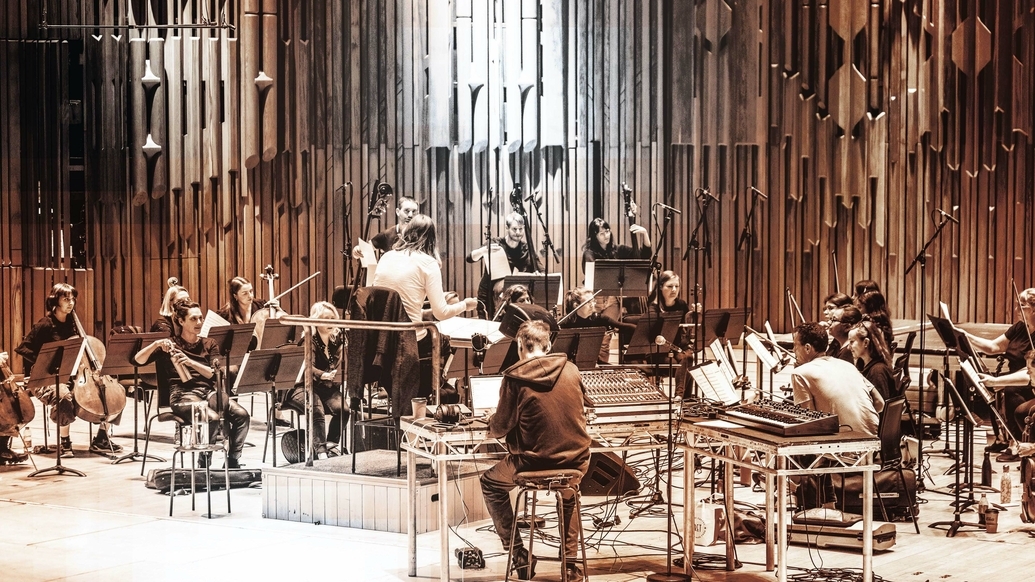
These electronic musicians are breaking down the boundaries of contemporary classical music
As dance music culture recovers from the pandemic, artists like Klein, Clark and Afrodeutsche are opening up new frontiers for themselves
“The expectations on musicians are higher than they’ve ever been,” says Chris Clark. “And the payoff is lower than it’s ever been.”
The producer and composer is blunt about life as a musician in 2021. Twenty years into his career, with a discography in which twisting, beat-heavy releases for Warp Records sit alongside elegiac film scores and delicate piano studies, Clark finds himself working across genres more than ever before. This autumn, he’s preparing to take his 2021 album ‘Playground In A Lake’ to the Barbican for a performance with the London Contemporary Orchestra (LCO); adapting the parts of his collaborators Oliver Coates, Rakhi Singh, Chris Taylor and more for a full string ensemble.
For many artists, this patchwork of audiences and aesthetics isn’t simply a matter of creative choice. As sources of income become less reliable, more diffuse, and the most lucrative revenue streams are directed into ever-fewer pockets, artists of many disciplines have diversified their practice out of economic necessity. With streaming having long superseded the sale of physical or digital music, the infrastructure of platforms like Spotify and Apple disproportionately favours the very biggest artists, with little trickle-down benefit for almost all others.
Since the turn of the century, live gigs and club culture have somewhat plugged the fiscal gaps, but the Covid-19 pandemic has enormously undermined the viability of relying on touring those spaces in order to pay the rent. In that context, new audiences — or, to be coldly economistic, new markets — are needed for many artists.
Clark is not alone in turning to the aesthetics and institutions of contemporary classical music for artistic inspiration and potential financial stability. Perhaps unsurprisingly, some of those institutions can be anachronistic or uninviting to outsiders at first.
“There’s definitely an old school, patriarchal boys’ club element of the classical community, which I despise,” Clark says. “It’s presented as this elite form of music, and all other forms are inferior.” But he’s keen to point out that this can be overcome: “I don’t know many people that really subscribe to that, because you can just snip those people out of your life.”
NEW TERRAIN
Henrietta Smith-Rolla, aka DJ and producer Afrodeutsche, has been working with orchestras and classical musicians more frequently in recent years; original works of hers have been performed by the LCO, and last year she composed the score for the BAFTA-nominated short film, Kamali. Already a much-loved artist in underground electronic music, she admits that working within the institutions of the classical world took some adjusting to.
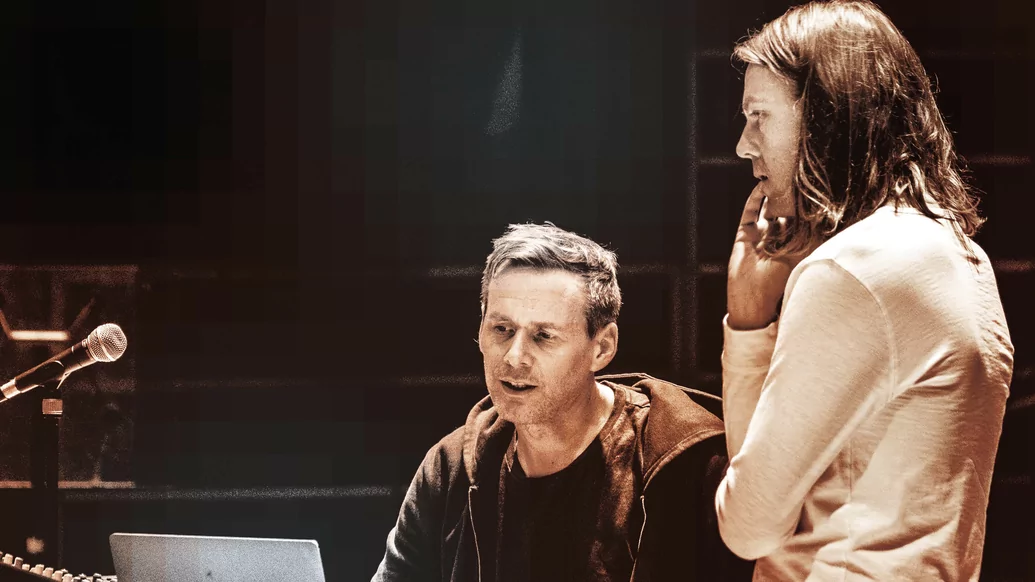
“You do meet people who innately believe in the complete cultural superiority of classical music, so I’m aware of those boundaries, but I do everything I can to break them. And that’s where the real joy is for me” — Clark
“It’s not so much resistance, as surprise — to see someone like me in that environment,” says Smith-Rolla. “There was never hostility, but I was a curiosity. I learned very early on that language is so important in these situations, and being able to understand that the people that you’re working with won’t necessarily know anything about you or your practices.”
South London artist Klein, whose new album ‘Harmattan’ is her first on Dutch classical label Pentatone, has a different perspective. Having come up through open mics and DIY experimental music nights, she signed to Hyperdub in 2017 for her EP ‘Tommy’. Immediately, friends told her about the respect the label commands — but she wasn’t particularly bothered.
“I had no real idea about them,” she recalls. “I just met Kode9 and he was a nice guy. Something I always say is ‘none of these places or people are God, man’. Why do you have to be fearful, to put these weird buildings or labels on a pedestal? The majority of the time I just try and treat it for what it is.”
Klein has since made something of an art out of subverting the expectations that come with these grand institutions. “Whenever I play in a venue that seems the most like that [having an intimidating reputation or audience], I try to have the most fun,” she says. “When we performed at [Polish festival] Unsound, it was so chaotic. We did a bit where my friend played a judge and I was 6ix9ine. We read the trial transcript, then did a medley dedicated to Blade Brown. My first question when I go to any of these places is: ‘Do you have dry ice?’”
The footage of that Unsound set is wild: accompanied by a raucous live band, Klein towers above the stage on a pedestal, triggering electronics and warping her vocals; at other points, she’s at crowd level, dancing enthusiastically to the powerful rhythms she’s generating. Her playfulness is palpable, and contrasts with what one might associate with either the complex austerity of much of her music, or the buttoned-up clichés of experimental or classical music performance.
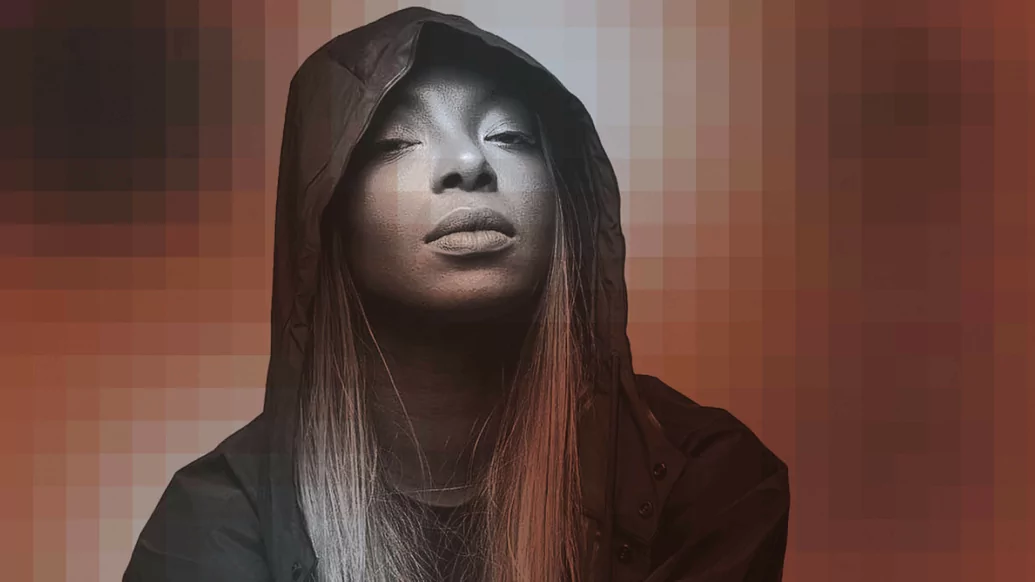
With ‘Harmattan’, she’s set to push further into the terrain of contemporary classical, although she’s been moving between the institutions of that world for a while now: having performed at London’s Institute of Contemporary Arts, written a musical (2018’s ‘Care’) and experimented with classical tonalities on her 2019 debut full-length, ‘Lifetime’; the latter cemented her relationship with Pentatone.
“I wanted to release something on a classical label,” she says, “like a nasty classical label. I literally sent them an email with a SoundCloud link, and they got back and asked me about the least listened-to song on ‘Lifetime’, ‘Protect My Blood’. That’s my favourite song on there — quite a whimsical, classical track.
“When I started writing the album, I was like, ‘I want an orchestra!’” she continues, affecting a melodramatic tone. “But because of the lockdown I had to do everything myself, like the string arrangements. I wanted a tuba, but didn’t have one, so I used my harmonica and transposed it down. It broke me a bit because I had to work it all out.”
Klein is currently putting together an all-new live show, based on the album, to be performed at the Barbican in February 2022; it will feature many of these arrangements and instrumental adaptations, fleshing out the themes of ‘Harmattan’ in real time.
BOUNDARIES
It seems that the divides between genres and audiences are experienced dynamically, pivoting one way or another according to the relationships they build along the way. Each artist agrees, though, that the boundaries themselves aren’t helpful. “I think it’s a journalistic fabrication and an expedient marketing tool to polarise these things,” says Clark. “All musicians I know — in techno, jazz, classical — are curious about everything. If you’re hungry, and you’re serious about your work, you’re just curious. I wouldn’t approach a Bach chorale thinking, ‘This is the Western, superior tradition’. I just look at it as music.
“You do meet people who innately believe in the complete cultural superiority of classical music,” he continues, “so I’m aware of those boundaries, but I do everything I can to break them. And that’s where the real joy is for me.”
“I’ve never really thought I’m making something for any particular place,” says Klein, casually. “And if other people like it and put a genre title to it, it’s like, ‘Okay, that’s what you think, I was just chilling’.”
“I never think of these things as separate,” agrees Smith-Rolla. “Having lines of communication, having openness — that’s what’s important.”
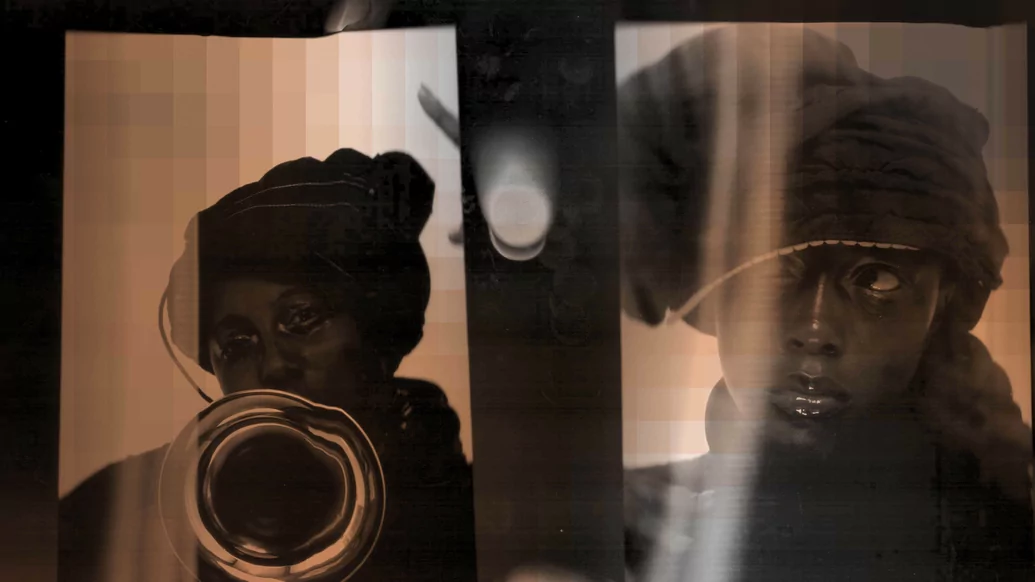
Clark has been trying to break through those boundaries by cultivating relationships across the divide. His collaboration with the LCO for the Barbican performance has been years in the making. “I’d been in touch with [conductor] Robert Ames for a while — it was just a case of waiting for the right opportunity,” he explains. “‘Playground In A Lake’ is kind of perfect, as there’s lots of string material, and the potential to scale it up in quite a natural way, suitable for a live show. I’ve been tinkering with orchestras for about four years now, and it’s finally become an object.”
His cross-genre position has led him to a distinctive niche within that saturated market — but he notes you have to be committed to make it work, chasing opportunities, forming relationships, exploring new territories. “I’m obsessed with music, so the challenge of it suits my temperament, and that’s the beauty of knowing both worlds — but I can acknowledge that it’s not easy.”
That duality has also helped him refine a particular sound-world for himself, evolving from an early naivety about the possibilities of orchestral arrangement into a more nuanced understanding of stylistic fusion and detail.
“It takes a while to dial back the orchestra, but you need to — it can sometimes just sound like a status signifier. Then you’ll start pissing around on your favourite synth and realise it’s more appropriate, and you become more connected with the intention of the work.”
HIJACKING THE PIANO
An enthusiasm for collaboration is a common, seemingly necessary theme for success here. Like Clark, the LCO’s Robert Ames has also been a key contact for Smith-Rolla. Their most recent collaboration, ‘Colliding Worlds’, saw vocal ensembles VOCES8 and Apollo5 perform a piece composed by Smith-Rolla and orchestrated by Ames.
“I was approached to write a piece for the LCO to be performed alongside Philip Glass’ ‘Glassworks’,” she says. “I’ve been very blessed to work with Robert — he was orchestrating my work as well as conducting, so there was this connection with the orchestra that was innate, that I couldn’t have engineered.”
As well as being streamed live, the performance was previewed on NTS Radio, where Smith-Rolla has been a regular for some time. Years of radio experience under her belt, she’s now joining BBC 6 Music for a weekly show, The People’s Party, on which she’ll be working directly with listeners to curate their perfect night. “I love classical music, so I hope to bridge that gap,” she says. “Maybe ease the listeners in with Walter Murphy’s ‘A Fifth Of Beethoven’...”
Smith-Rolla is also newly involved with a project for which she was approached by researcher and PhD student Alex Jovčić-Sas, who “was keen to have my musical point of view on his research regarding [pioneering sound artists] Daphne Oram and Gertrud Grunow”. She beams as she reveals that the results of that project, for which she used one of the only Mini-Oramics machines in existence — a film-based sound generator developed by Oram — are set to be performed by the Nottingham Contemporary Orchestra.
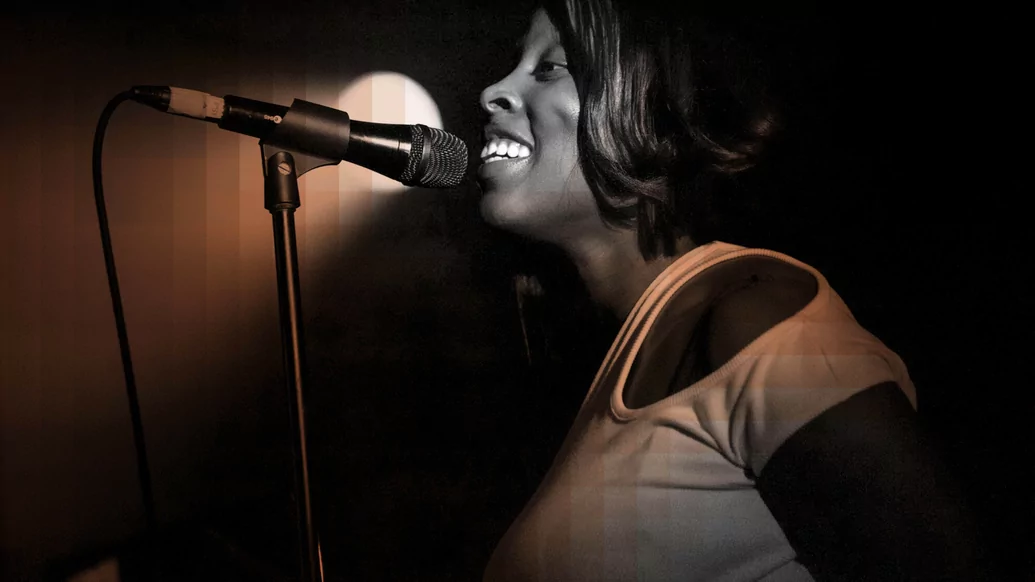
Having grown up loving classical music — what she describes as “hijacking the piano” as a kid — Smith-Rolla took a circuitous route into it as a professional. Parallel to her now well-established DJ and production career, after moving to Manchester she gravitated towards events at the Royal Northern College of Music and the Bridgewater Hall, and began moving in experimental circles that included 808 State’s Graham Massey and synth group Sisters Of Transistors. But it took a deal with a major publishing company for Smith-Rolla to break into the classical world.
“It wasn’t until I signed to Decca Publishing that the opportunities started to arise,” she says. “I wasn’t aware that that would be where my career would go, but they’ve been opening doors for me. This particular part of Decca is really focused on contemporary artists moving into the classical world, which [in this context] is unheard of. “It’s a logistical thing — who knows who,” she continues. “When a director is looking to have their film scored, they’ll go to an institution rather than to SoundCloud or Bandcamp, because that’s just how things are done. It means that those doors aren’t necessarily open to people who aren’t signed to the right publishing companies or record labels.”
Pointedly, Clark also notes that classical music has no monopoly on prejudice or gatekeeping. “There’s a lot of inverse snobbery. I’m constantly playing both sides. In a lot of techno, there’s an entrenched, traditionalist thing — the tradition is obviously more recent, but it’s still there.”
REBALANCING
Unsurprisingly, the pandemic has only made things more difficult for many artists who were already having a hard time making ends meet. Although Clark has managed to weather the storm financially, his partner, choreographer Melanie Lane, has had to apply for arts charity funding in order to stay afloat.
“Dance is one of the first things to go in an economic squeeze and that’s a shame. We’ve now made over 10 works together. I really want to release some of the work [with them]” — but that will have to wait for a more stable time.
For Smith-Rolla, the pandemic has constituted a steep learning curve. “Being self-employed is being self-employed,” she says, matter-of-factly. “You never know when your work is going to come in, how much you’re going to get, and what you’re going to get paid. In this pandemic, every day there was a new challenge.”
Like the rest of the music industry, the contemporary classical world is no paradise. It remains inextricable from the same web of patronage and private wealth that it’s been funded by for generations, its conventions framed by elite conservatoires, grand institutions and educative structures that, with ever-decreasing government subsidy or support, fewer working-class and otherwise marginalised people are able to access.
There is money in circulation, but as is so often the case in tightly-policed circles, it doesn’t readily make its way down to the jobbing artists whose work makes the industry function. In 2020, as 34% of British musicians were on the brink of leaving the industry due to financial difficulties, bosses of key arts institutions like the Southbank Centre continued to take home six-figure salaries.
For Smith-Rolla, this is a familiar story. “It hasn’t been something that has meant that I’ve been able to sustain a living,” she admits, of her work within classical music. “I wouldn’t expect it to be.” Klein says that she’s lucky enough to be earning, but emphasises that “my life hasn’t really changed. My rent is paid, but I’m still in the same house, still the same person.”
These artists may be finding creative fulfilment across genres, but that shouldn’t obscure the very real economic imbalances that underpin both the classical and electronic music industries. Those imbalances now require our attention, perhaps more urgently than ever.
